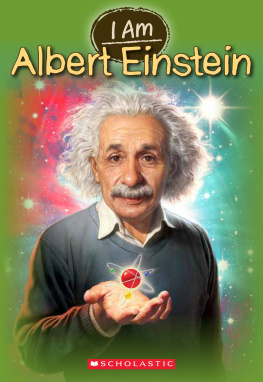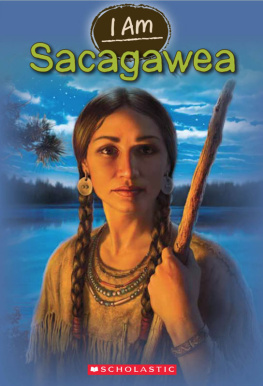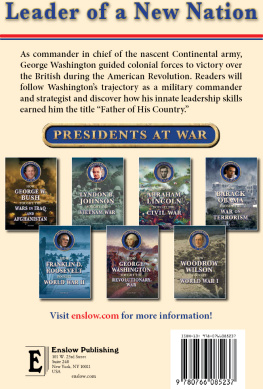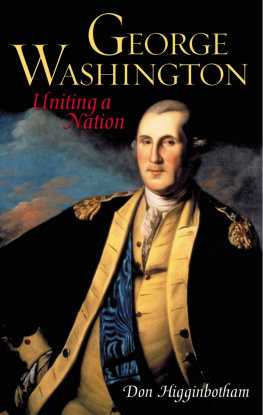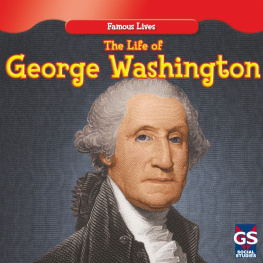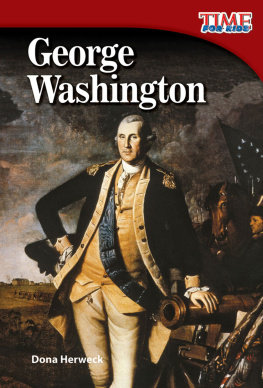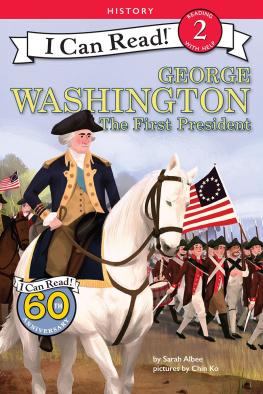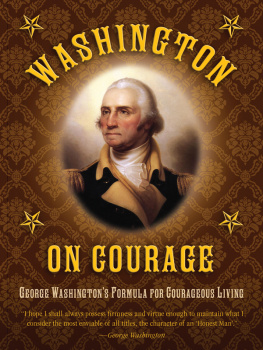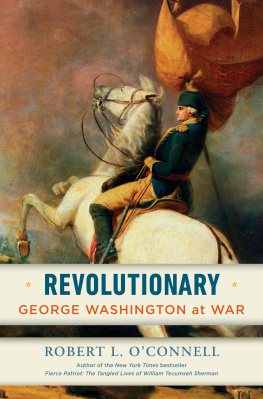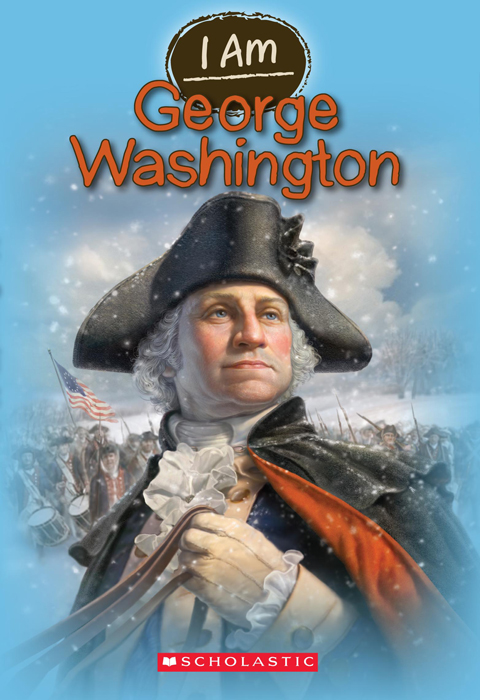




When I was a boy, I spent a long time carefully copying a list of rules into my notebook. These were what I called rules of civility, and they were important far after I first committed them to memory.
I lived by these sound rules my whole life. But one ruleRule 82particularly comes to mind when I think back about both my adventures leading the ragtag American army against the British superpower in the Revolutionary War, and also becoming the first president of the United States of America. Undertake not what you cannot perform, the rule states, but be careful to keep your promise. Basically, dont go around saying you can do a lot of stuff you cant.
See, my whole life, I didnt seek out being in charge. I did want to find adventure (and boy, did I find that!). But whenever people nominated me to lead troops into battle or later take on the highest office in the country, I questioned their judgment. They said I was a leader, brave, honest, fearless, and just. My thoughts of myself were much more modest.
Every time I was asked to serve my country, whether becoming commander in chief of the Continental army or serving two terms as president, I had serious doubts about my abilities to take on those tasks with the highest skill they required.
My deep sense of patriotism and duty always drove me to push myself further than I thought was possible. And in the end, it served me well as I led the new country I loved so much.
Im remembered as a war hero, statesman, and patriot. Still, I think my were more powerful than any one personeven me. I am George Washington.
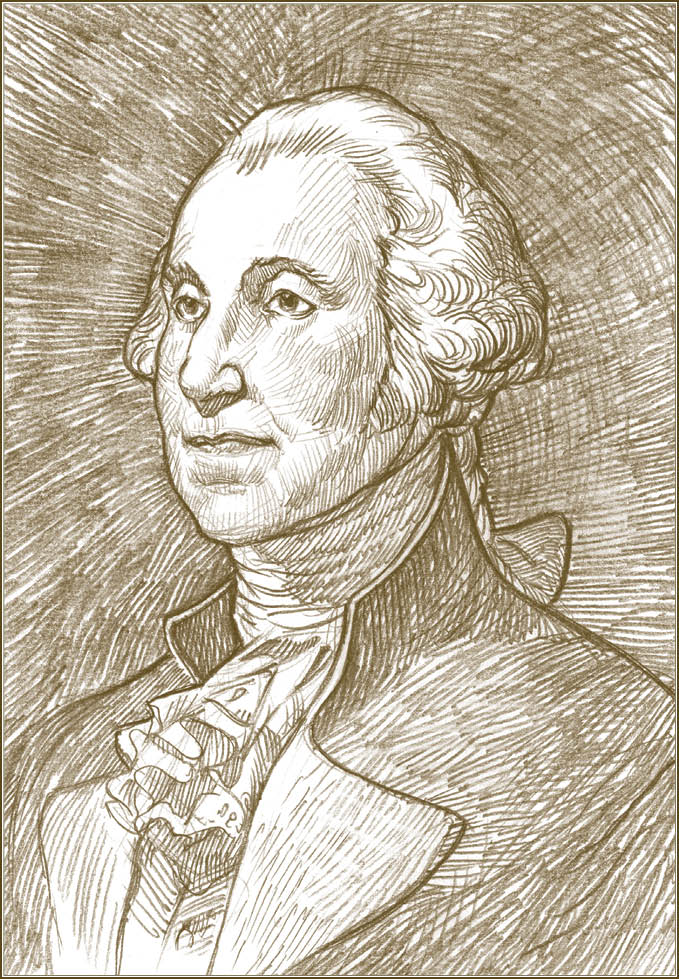


GEORGE WASHINGTON:
A Virginian, who led troops into battle during the French and Indian War, became commander in chief during the Revolutionary War, and then became the first president of the United States.

AUGUSTINE WASHINGTON:
Georges father, better known as Gus, came from a long line of tobacco growers in Virginia and died when George was only eleven.

MARY WASHINGTON:
Georges mother, also a native Virginian, was a cold, difficult woman who never grew close to or acted proud of her son.

LAWRENCE WASHINGTON:
Georges half brother who took him under his wing and into his home, Mount Vernon.

MARTHA WASHINGTON:
The wealthy widow became Georges wife after he returned from the French and Indian War, and remained his loving companion until his death.

THOMAS JEFFERSON:
Also from Virginia, the Founding Father drafted the Declaration of Independence, encouraged George to run for president, and later became the third president.

KING GEORGE III:
The grandson of King George II, this ruler of Britain decided to tax the colonies to pay for the expensive French and Indian War, setting off the Revolution.

JACKY:
Marthas son from a previous marriage, whom George treated as his own.

PATSY:
Marthas daughter from a previous marriage. She died at age seventeen.

February 22, 1732
George is born to Augustine and Mary Washington.
April 12, 1743
Georges father dies.
1747
George moves in with his favorite half brother, Lawrence, and Lawrences wife at Mount Vernon.
July 1752
After Lawrence dies, George inherits Mount Vernon and takes over his half brothers place in the militia.
May 28, 1754
The French and Indian War begins. During the war, George leads an attack on Frances largest fort.
January 6, 1759
George and Martha Custis, a widowed mother of two, are married.
December 16, 1773
The Sons of Liberty throw English tea into Boston Harbor in protest of British taxes on the colonies. The event becomes known as the Boston Tea Party.
June 15, 1775
George is put in charge of the newly formed Continental army.
July 4, 1776
The Continental Congress adopts the Declaration of Independence, taking a big step toward creating a separate nation.
1783
The British sign a peace treaty, bringing an end to the long Revolutionary War.
April 30, 1789
George takes the oath as the first president of the United States from the balcony of Federal Hall on Wall Street in New York.
1792
George is reelected as president for his second and final term.
December 14, 1799
George dies at Mount Vernon with Martha by his side.

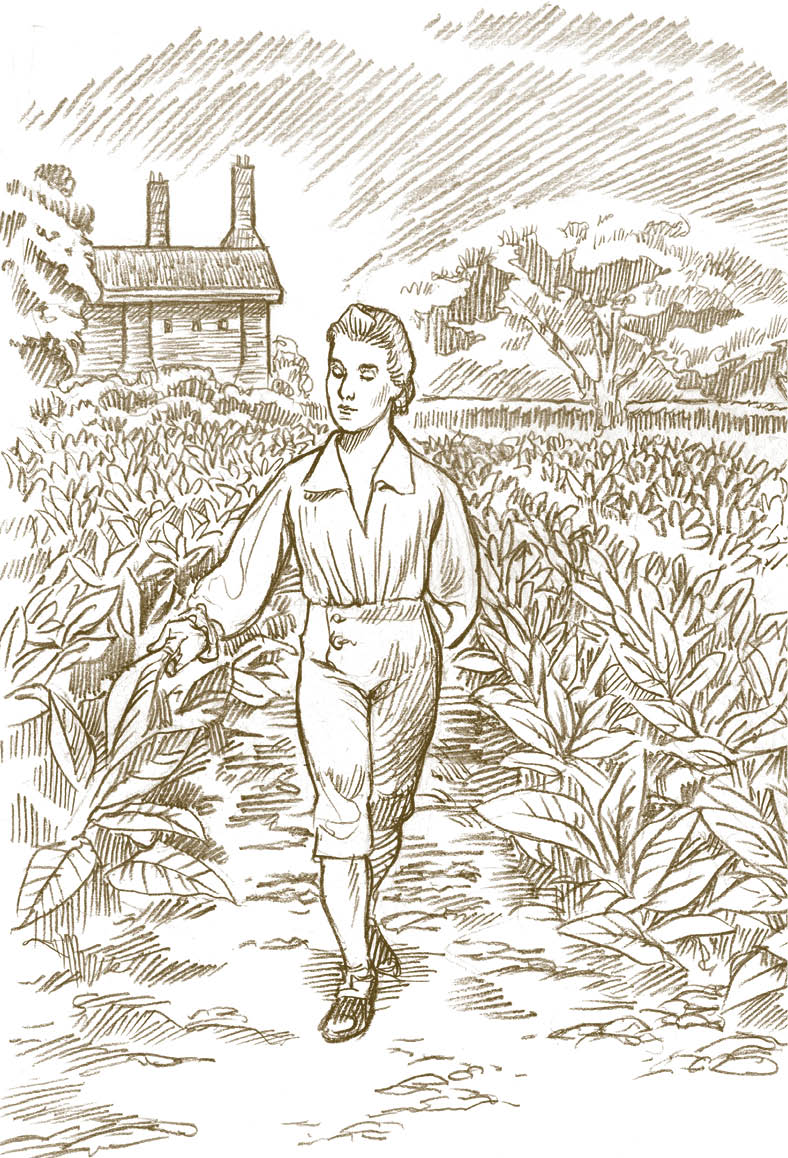
At the time of Georges birth on February 22, 1732, America was a mostly uncharted and wild land populated by native Indians, with more and more immigrants from Europe arriving in search of new opportunities. George, however, was different from most people right from the start. On his fathers side, he came from a long line of tobacco farmers in Virginia. Georges great-grandfather John Washington had arrived from England in 1657!
Next page

